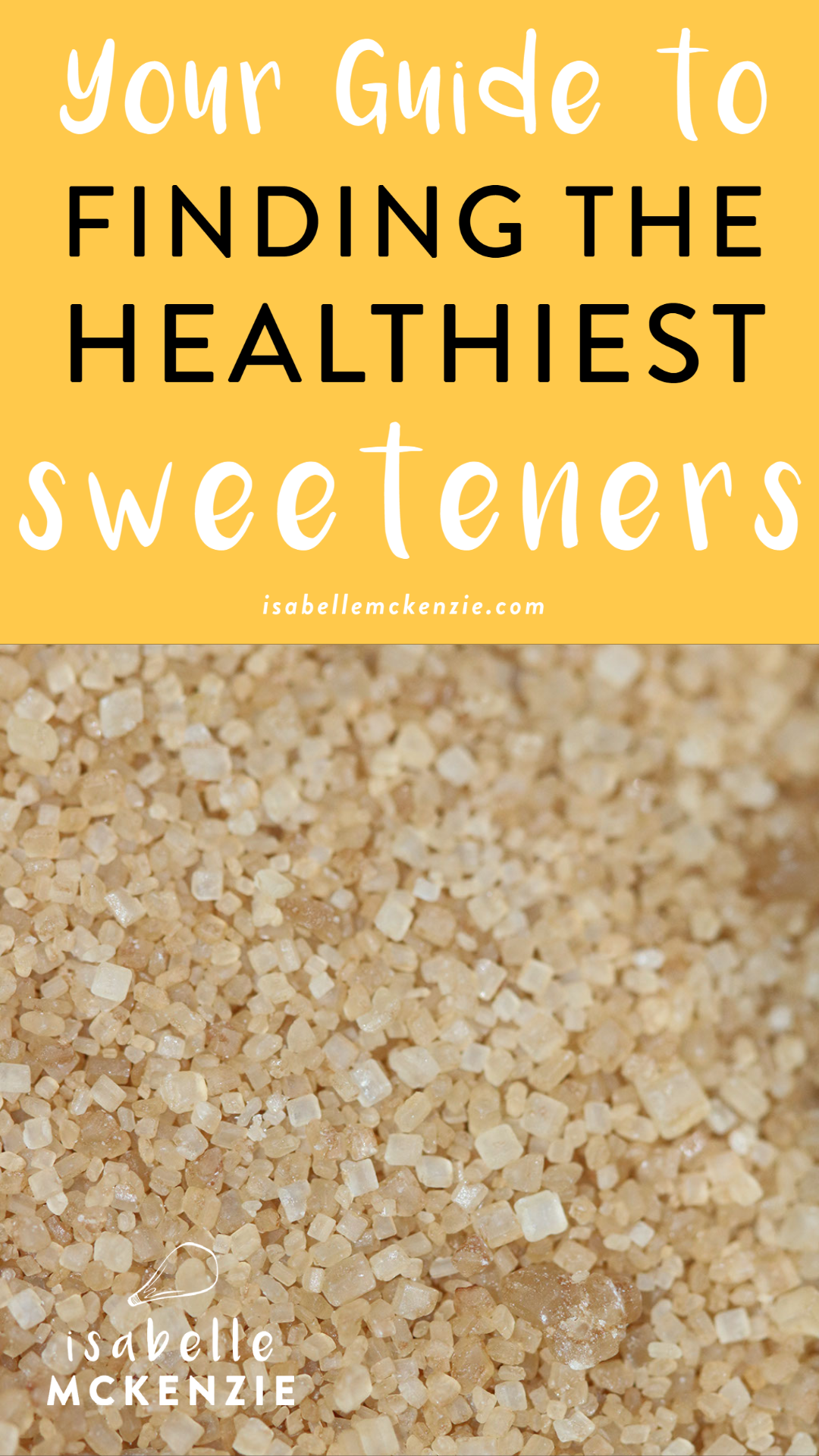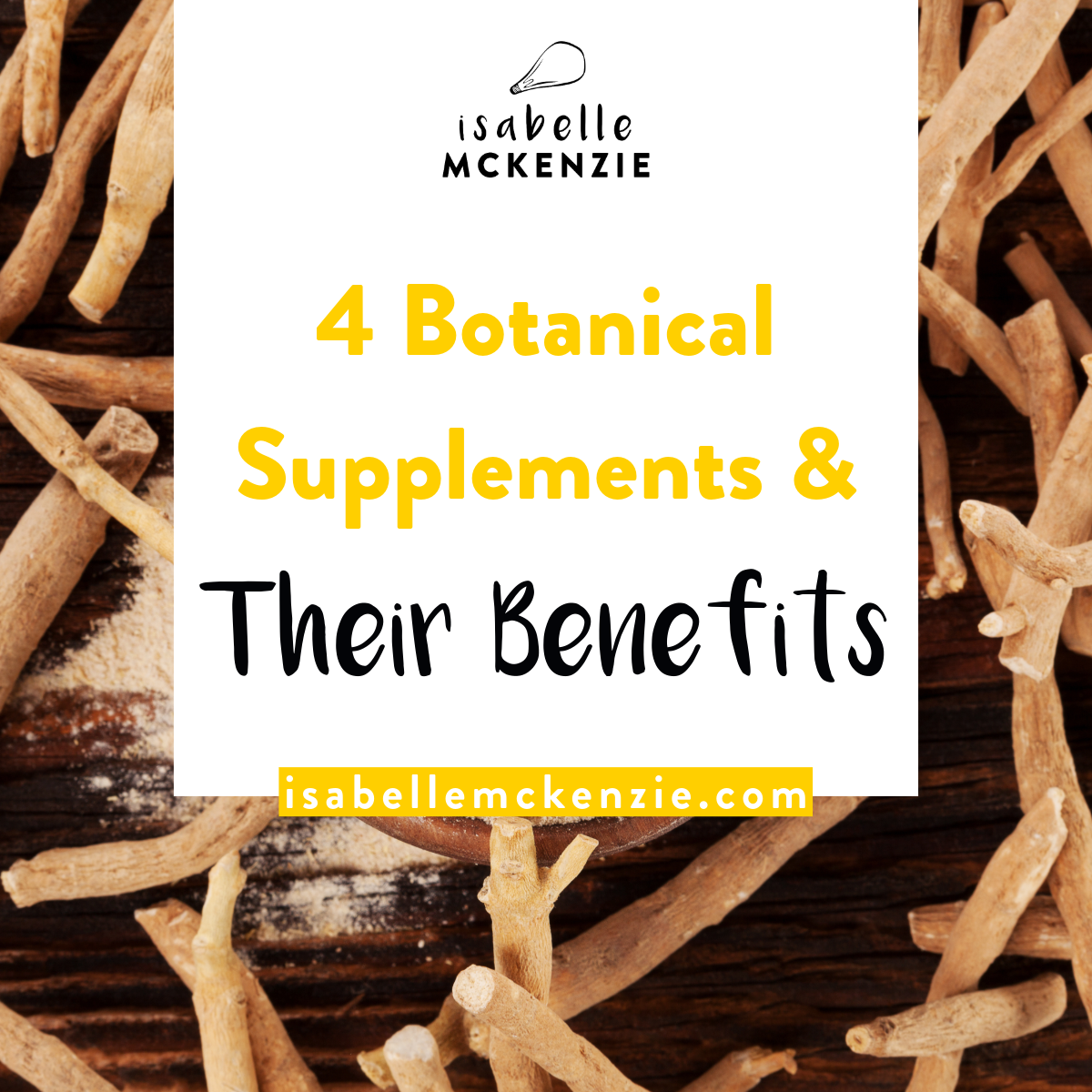Your Guide to Finding the Healthiest Sweeteners
#SugarBalancedLiving
Going sugar-free doesn’t mean that you are giving up on the sweet life entirely. Rather, it is about finding healthier alternatives to sugar. Now, on the surface, it may seem that you have more options than ever before in this department. However, take a closer look and you will see that this isn't the case at all.
So, how are you supposed to find a healthy sweetener among so many misleading products? Well, don’t worry, there is a way. Here are the top guidelines that you should be following to find the perfect fit for your diet:
Go Natural When Possible
Your best option is to start with natural sources. This is a good idea for several reasons. First of all, natural sweeteners are far less likely to be associated with side effects. Furthermore, in addition to adding sweetness, these components tend to bring other nutrients to the table as well.
This is especially true in the case of whole fruits. Many whole fruits contain fiber, important antioxidants, and various other vitamins and minerals. Thus, they help you to maintain a balanced diet. The top fruits to select are:
Berries
Apples (or homemade applesauce)
Prunes
Dates
Bananas
Of course, even with whole fruits it is all about moderation. Make sure to watch out for those calories and fructose when sweetening your food with fruits.
Don’t Believe the Hype
These days, it can seem like everyone is a nutritionist. You will find everyone from manufacturers to your colleagues telling you what you should or shouldn’t eat. Then, there are several so-called “health” websites that will make various claims as well. All of this ensures that you are constantly being pushed in one direction or the other.
So, it is only natural that you will be led down the wrong path when it comes to picking healthy sweeteners. For instance, let’s consider the example of coconut sugar. For the longest time, people assumed that it was a healthy alternative to white, processed sugar.
This notion was for a couple of different reasons. First, coconut by-products such as coconut oil have been an important part of low-carb diets. Thus, many people assume that all derivatives of coconut fall into that category.
There is also the fact that people misunderstand what makes a particular healthy or not. With coconut sugar, most individuals think that just because it has a lower GI than white sugar that it is a better option. However, as fortheloveofcoconut.com revealed, coconut sugar contains 4g of sugar – this is almost on par with white sugar!
Now, coconut sugar is just an example here. Keep in mind that you will constantly be sold on various products. It is up to you to determine what is healthy and what isn't.
Be Aware of Specific Effects
Bear in mind that just because a sweetener is stamped with a healthy label, doesn’t mean that it is right for you. Let’s take monk fruit and stevia, for instance. You will often find that these sweeteners are recommended alternatives to sugar. Now, this does make sense on several levels.
These substitutes are naturally derived, don’t raise blood sugar levels, and don’t contain calories. As such, they seem to fit the bill perfectly. While they are a good option for all, this isn't the case across the board.
For example, the sweetness from monk fruit is derived from a component from mogrosides. This tends to be harmless, unless you have a pancreas that is already working rather hard to make insulin. Here, mogrosides can be a set back as they stimulate insulin production.
As for stevia, it is actually refined quite a bit. What's more, it can cause side effects such as nausea and bloating. And, if you have allergies related to the Asteraceae family, then this isn't a viable option for you.
Now, this isn't to say that these aren't great sweeteners – they are. You should just be aware that they may not always be the best choice for you.
These are your top guidelines for finding the healthiest sweetener for you. Keep these tips in mind and you should be able to find your perfect match with greater ease. In turn, you will find it simpler to lead a healthy but tasty lifestyle.
Author bio
Lucy Martell is a major advocate for healthier, plant-based lifestyles. She researches on and loves sharing her insight on the benefits of following balanced vegetarian and vegan diets.













